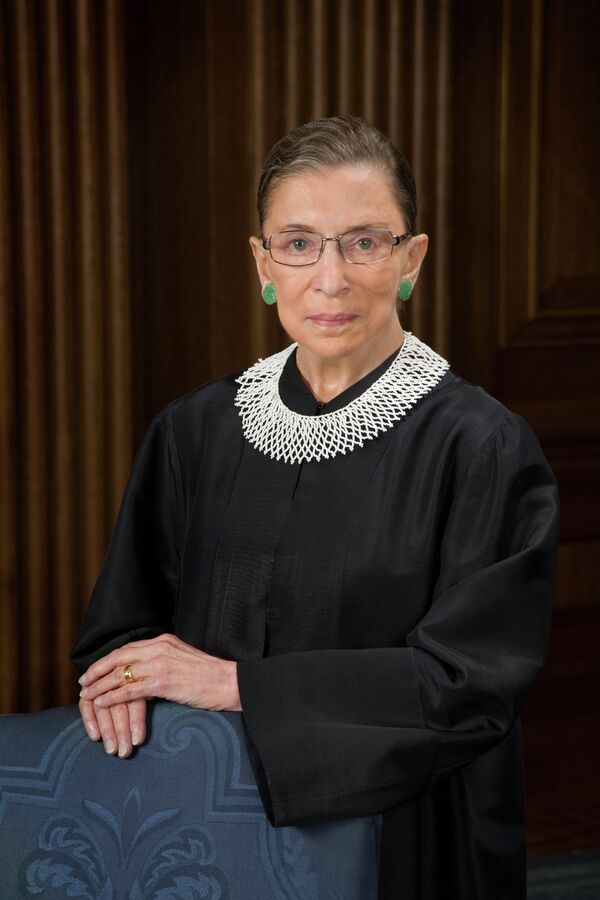MOSCOW, October 18 (RIA Novosti) - The US Supreme Court has decided on Saturday to allow Texas to use its controversial voter identification law in the upcoming November election.
Many oppose the law enacted in 2011, which requires voters to present photo identification, including Justice Ruth Bader Ginsburg who The New York Times quoted as saying, "the prospect of enforcing a purposefully discriminatory law, one that likely imposes an unconstitutional poll tax and risks denying the right to vote to hundreds of thousands of eligible voters undermines public confidence in elections."
Critics argue the law keeps some 600,000 registered voters many of which are African-American and Hispanic from voting, according to The New York Times. Others believe Texas' version of the law is lenient compared to other states in that it allows various forms of identification which enables disabled people and the elderly to vote.
The photo identification law was first blocked in Texas as a violation of Section 5 of the federal Voting Rights Act, which forced states with a history of discrimination to seek federal approval concerning voting procedures. In 2013, Texas was motivated to pursue the voter identification law once again following the Supreme Court's decision to disregard the section of the Voting Rights Act claiming it was outdated and currently irrelevant.
The court's order was not signed and failed to explain the reasoning behind the decision.
The state of Wisconsin's request to use the same voter identification law was blocked by the Supreme Court on October 10, but plans to appeal the decision. Both Wisconsin and Texas argue the law eliminates voter identification fraud.




